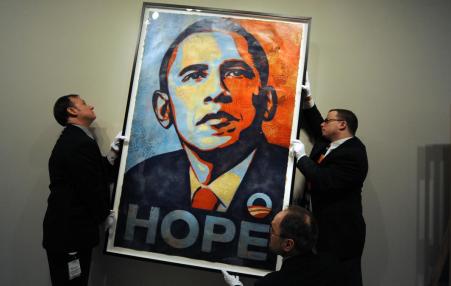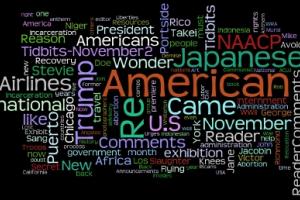African American Anti-Fascists in the Spanish Civil War
Black Past
 The historical legacy of the racial wealth divide when combined with gender inequality makes women of color uniquely economically insecure. The greatest socio-economic disparities for most women of color are rooted in racial inequality, which is then worsened by smaller but significant gendered disp
The historical legacy of the racial wealth divide when combined with gender inequality makes women of color uniquely economically insecure. The greatest socio-economic disparities for most women of color are rooted in racial inequality, which is then worsened by smaller but significant gendered disp
 Writers once busy in prestigious magazines rationalizing war and torture are now confronting the obdurate pathologies of American life that stem from America’s original racial sin. Coates wonders why those once fierce in defending bloody imperial missions now embrace him for describing American power from the rare standpoint of its internal victims. Yet the danger for Coates is not so much seduction by power as a distorted perspective caused by proximity to it.
Writers once busy in prestigious magazines rationalizing war and torture are now confronting the obdurate pathologies of American life that stem from America’s original racial sin. Coates wonders why those once fierce in defending bloody imperial missions now embrace him for describing American power from the rare standpoint of its internal victims. Yet the danger for Coates is not so much seduction by power as a distorted perspective caused by proximity to it.
 Reader Comments: U.S. Armed Forces in Africa - Why?; 1965 Indonesia Slaughter; Puerto Rico Recovery, by Puerto Ricans; Whitefish Energy Scandal; NAACP Urges Black Passengers to Avoid Flying American Airlines; Stevie Wonder Sang the National Anthem on His Knees; Lost Mural by Secret Communist Unearthed; Abortion Resources; Then They Came For Me - Chicago exhibit until November 19; Join George Takei for premiere of "And Then They Came for Us"; and more.....
Reader Comments: U.S. Armed Forces in Africa - Why?; 1965 Indonesia Slaughter; Puerto Rico Recovery, by Puerto Ricans; Whitefish Energy Scandal; NAACP Urges Black Passengers to Avoid Flying American Airlines; Stevie Wonder Sang the National Anthem on His Knees; Lost Mural by Secret Communist Unearthed; Abortion Resources; Then They Came For Me - Chicago exhibit until November 19; Join George Takei for premiere of "And Then They Came for Us"; and more.....
Spread the word